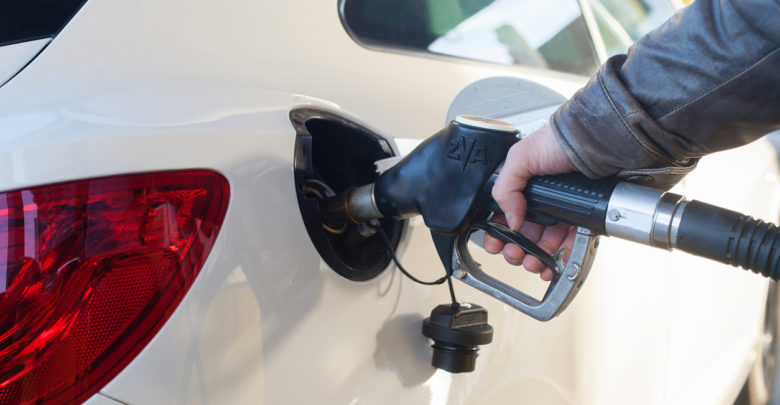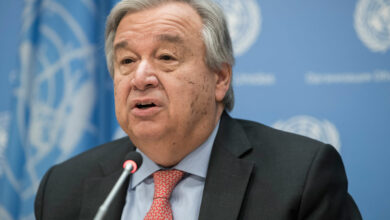World
Zimbabwe’s Fuel Price Hike Leads To Violent Nationwide Protests
President Emmerson Mnangagwa has increased petrol prices to USD 3.31 per litre and diesel prices to USD 3.11 per litre

The public protests against the Zimbabwe government’s decision to double the prices of petrol and kerosene in the country have turned violent as several people were killed and around 200 arrested during Monday’s protests.
Last week, President Emmerson Mnangagwa announced an increase in petrol prices from USD 1.34 to USD 3.31 per litre and diesel prices to USD 3.11 per litre, which resulted in the anti-fuel price hike demonstrations across the country. To protest against the government’s decision, several workers’ trade unions even called for a three-day nationwide shutdown.
Commenting on the price hike, President Emmerson Mnangagwa said the government’s decision to increase the prices of petrol and diesel was necessary as lower prices of petroleum products attracted external consumers towards Zimbabwe to flock into the country and buy petrol and diesel cheaply.
He said that the fuel price rise is aimed at tackling shortages caused by an increase in fuel use and rampant illegal trading, reported BBC.
“Government is aware of attempts by certain elements bent on taking advantage of the current fuel shortages to cause and sponsor unrest and instability in the country,” Mnangagwa said, adding “such politically motivated will not be tolerated.”
Zimbabwe has been facing gasoline shortages since last year. The African nation is currently in the middle of an economic crisis and a shortage of foreign exchange, which has led to fuel and bread shortages. Since the crash of the hyperinflated Zimbabwe dollar in 2008, the country has been using several currencies including Indian Rupee, US Dollar, South African rand and bond notes or bollars for making daily transactions.
Furthermore, the Zimbabwean companies are also not producing enough to meet local demand or export goods to other countries, as a result, the country’s imports are exceeding exports.






